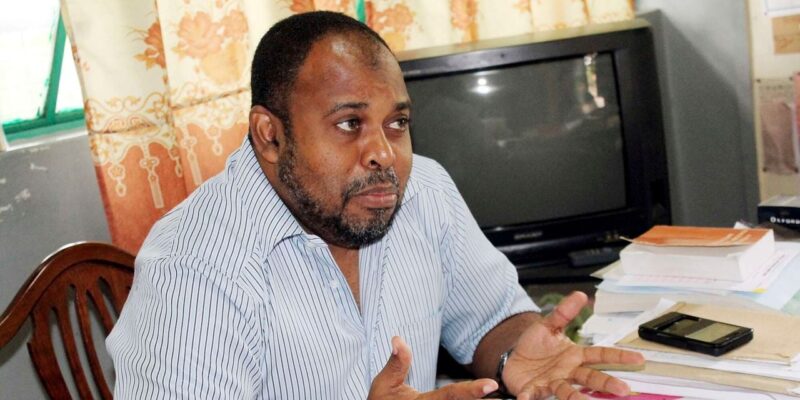Kepsha raises alarm over delayed school funds in Kenya, warning that thousands of primary institutions face debt, food shortages, and closure risks.
Kenya’s education sector is facing a financial crisis as the Kenya Primary Schools Heads Association (Kepsha) has warned that thousands of schools are “running on empty” due to delays in disbursing government funds. With the third term already in its sixth week, head teachers across the country are struggling to keep institutions afloat.
Kepsha chairperson, Fuad Ali, revealed that many schools are surviving on debt, with head teachers forced to operate on credit to pay suppliers and maintain basic services. Boarding schools have been hit hardest, unable to purchase enough food for learners, while day schools cannot cover utilities and non-teaching staff salaries.
According to Ali, out of approximately 23,000 public primary schools, only 8,000 junior schools have received their funds, leaving about 11,000 still waiting. “We are requesting the Ministry of Education to release these funds as quickly as possible. Many schools, especially those with high operating costs, are struggling to survive,” he said.
He further appealed for partial disbursement, suggesting that compliant schools receive their full allocation immediately, while those under verification at least get 50 percent to ease their burden. “This is an urgent appeal. For compliant schools, let the money flow now,” Ali emphasized.
Education Cabinet Secretary Julius Ogamba, however, told the Senate that 30,000 out of 32,000 schools had already been verified and received capitation. He added that the ministry was considering merging schools with low enrolment to deal with ghost institutions, some of which have fewer than 10 learners.
Ali acknowledged that some schools had submitted erroneous enrolment data and were correcting it. However, he insisted that compliant schools should not be punished for errors made elsewhere. “The data errors are being addressed, but our plea is simple: do not punish cleared schools. They need the money now,” he said.
Unless the funds are released soon, schools risk shutting down or being unable to prepare learners for national assessments set to begin in a few weeks.





